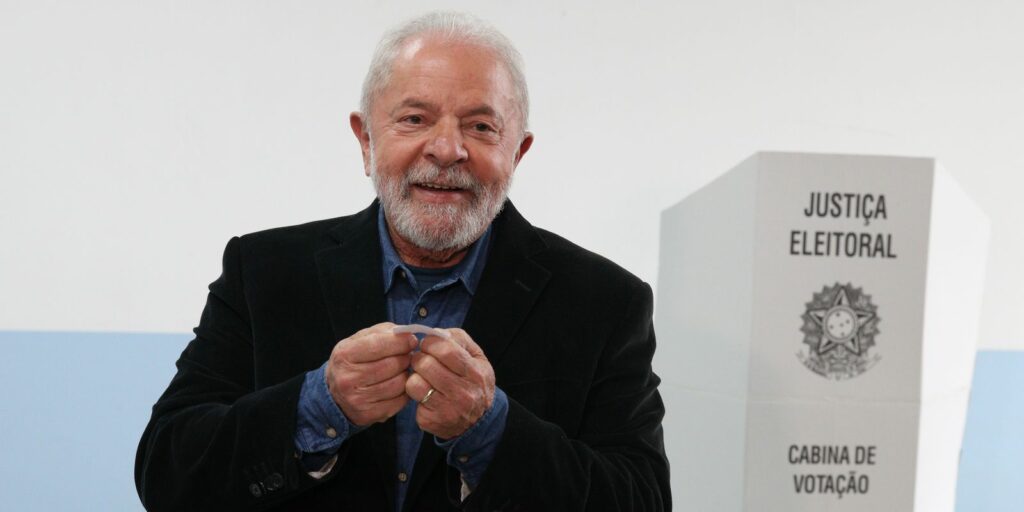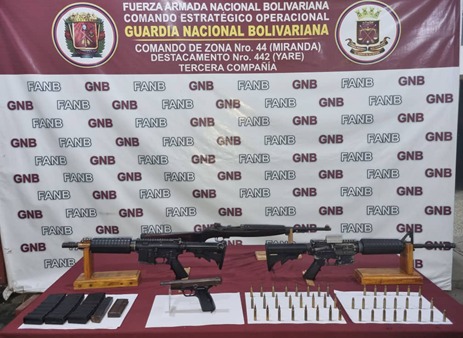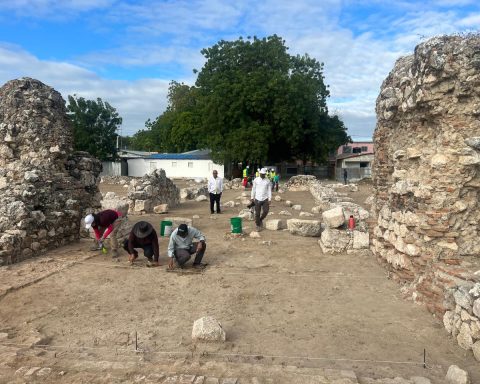In the month of September, the national government sent $598,929 to the provinces and the Autonomous City of Buenos Aires (CABA), as sharing.
Bliss intervention grew due to an increase in income tax collection, which increased 110% year-on-year, and Value Added Tax (VAT), which increased by 83%. The sharing increased by 87.9% in one year.
If the inflation of the period is discounted, there would be a real increase of 1.9% of the sharing. However, in the case of CABA, it grew by 4.7% year-on-year. The other provinces showed smaller real variations, close to 0.8% for Neuquén and 2.8% for Catamarca.
Regarding the income tax, the collection was affected by the extraordinary advance payment of 15% for companies that had more than 100 million pesos of profitability in the previous fiscal period, which increased the operation of sharing.

What is co-participation?
the so-called sharing federal tax system is a system of tax collection and distribution of the collection between the national State, the provinces and the Autonomous City of Buenos Aires.
Since our country is federal, which implies three levels of authority (national, provincial and municipal), A double collection can occur on the same activity.

In 1935 the first tax sharing system was implemented. At that time, the primary distribution established that the Nation kept 82.5% of the resources and the provinces 17.5%.
Over the years, the provinces and CABA received a higher percentage until in In 1988, a primary distribution of 42.34% for the Nation and 54.36% for the provinces was established.. In addition, 2% was set aside for the recovery of the relative level of development of the most backward provinces and 1% for the National Treasury Advance Fund (ATN).


















